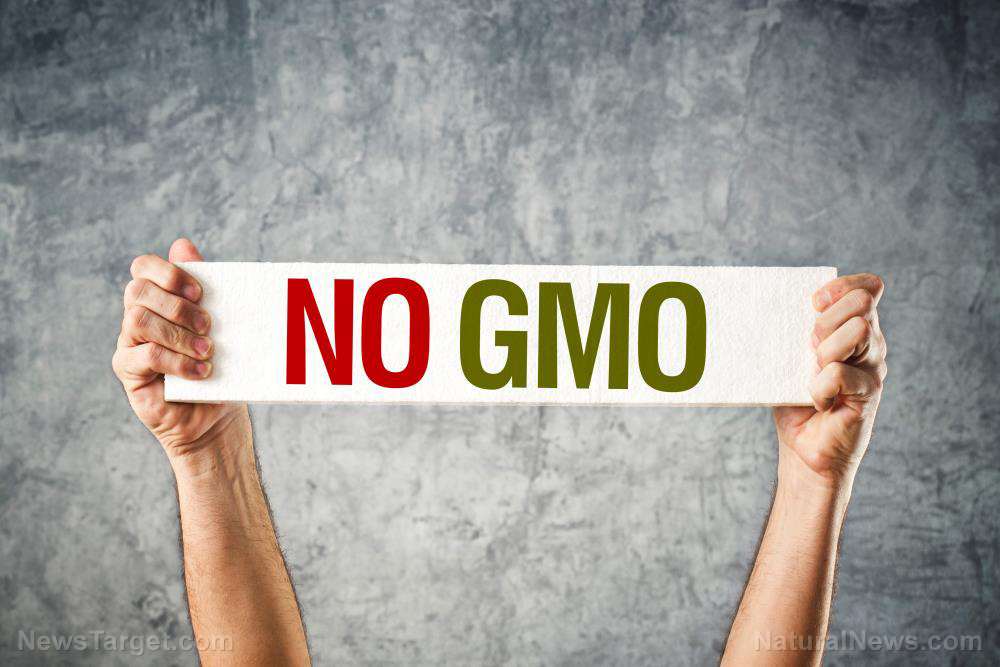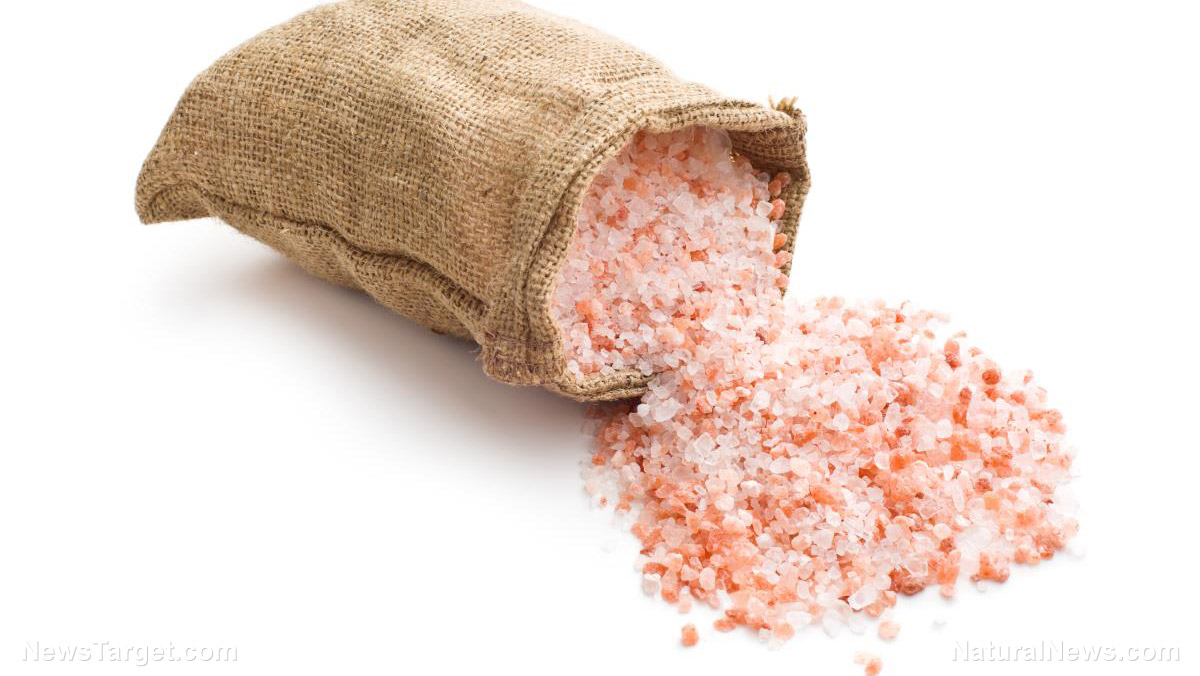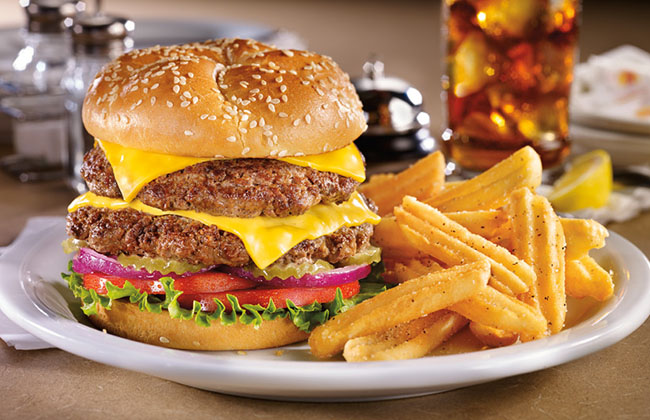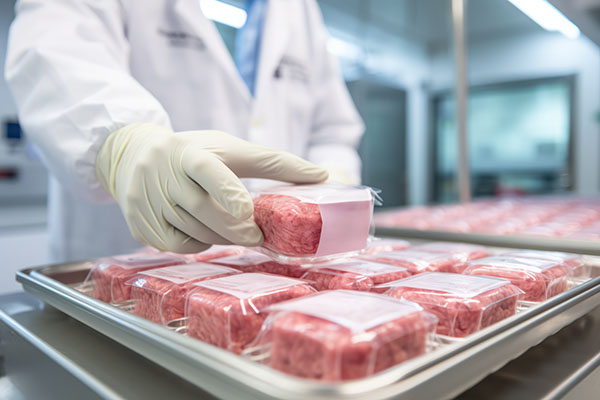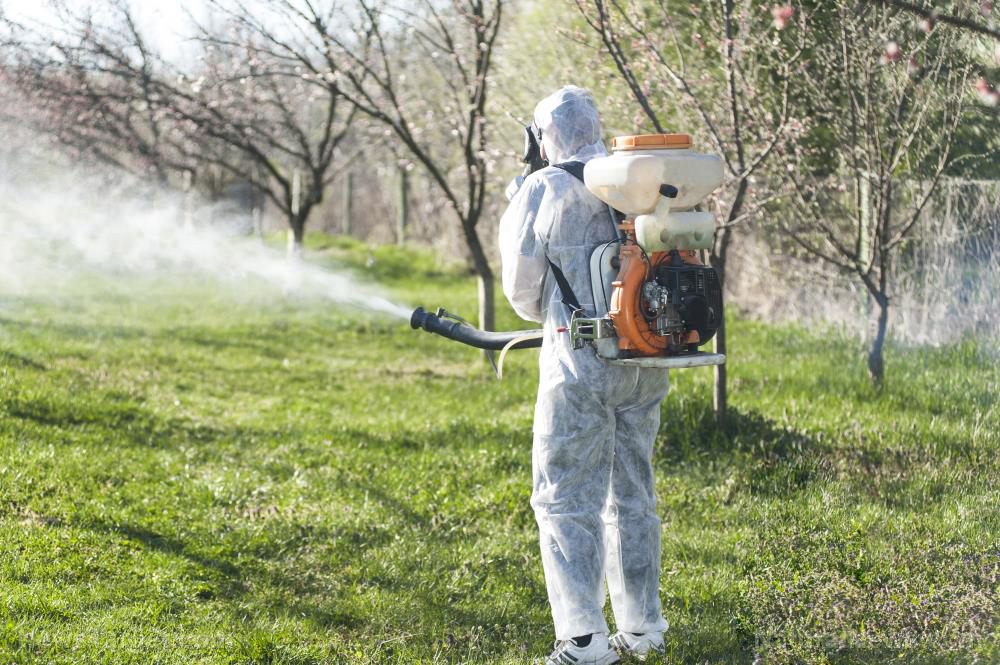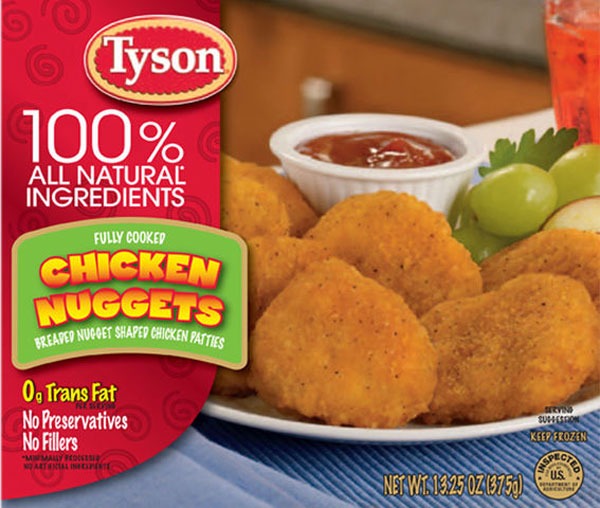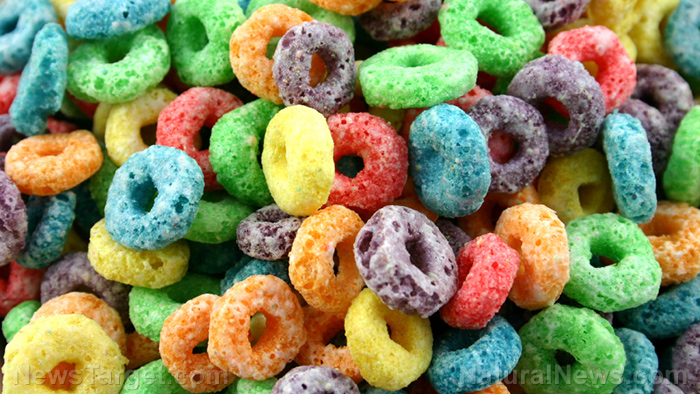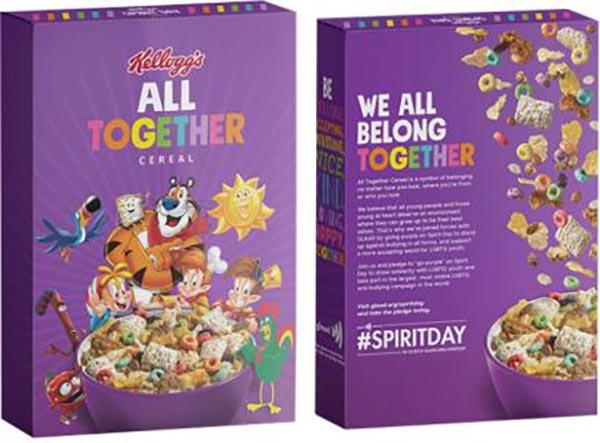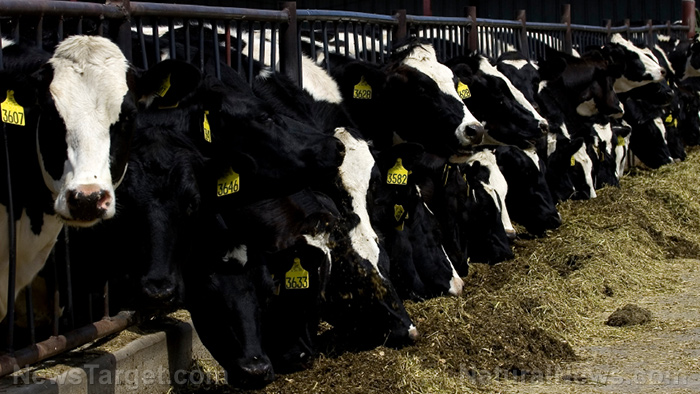Is there hidden CRICKET flour in your groceries?
04/05/2024 / By Ethan Huff
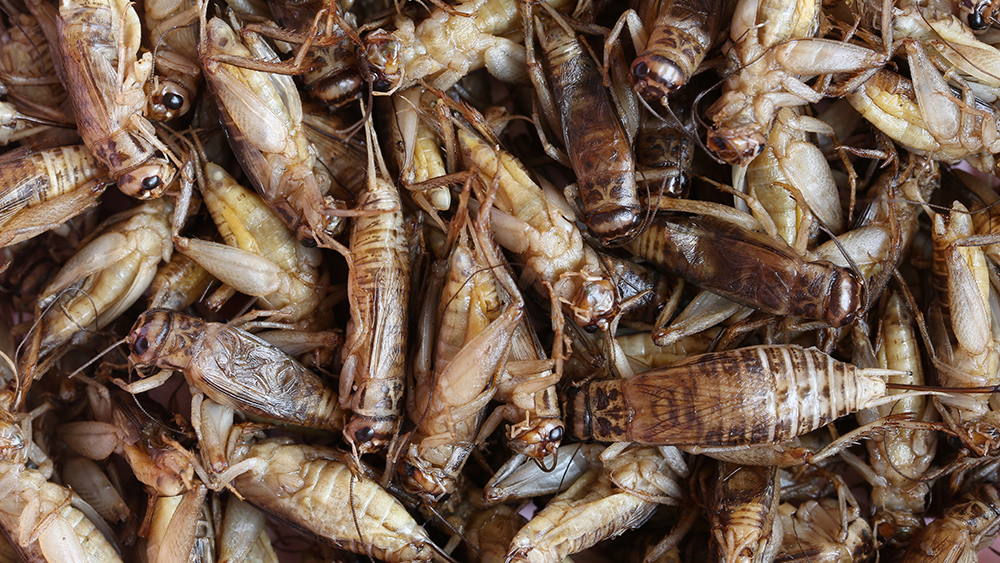
It is a good idea to pay close attention to everything you buy at the grocery store, especially if it comes from a major food corporation like PepsiCo, which is reportedly looking for new opportunities to slip cricket protein into popular packaged foods.
Cheetos, Quaker Granola Oats and other processed grocery foods could already contain cricket protein, depending on the brand, so make sure you read the ingredient labels closely.
“There are at least six or seven companies in this world that are now using crickets, insects to make flour,” explains the American farmer in the video below.
“Insect Gourmet says insect-related businesses in the Western world are producing insect proteins for foods, beverages, confectionaries, and other things such as butters, oils, and does as well as spice and seasoning.”
American Farmer At Grocery Store Showing Showing Popular Foods Could Soon Have Bugs Added
“According to Drovers, PepsiCo is looking to use cricket proteins in products such as Cheetos and Quaker Granola Oats”
“There are at least six or seven companies in this world that’s now… pic.twitter.com/xPQwvhICfp
— Wall Street Apes (@WallStreetApes) April 1, 2024
(Related: Chicken giant Tyson Foods recently partnered with a Dutch company to push bugs and insects on humans.)
Eating crickets will give you parasites
Believe it or not, insect and bug ingredients can also apparently be added to American food items without explicit labeling. The plan in just a few short years is to lace ground-up bugs into everything sold at conventional grocery stores.
By 2027, the plan is to reach $4.6 billion in sales from bug ingredients, amounting to around 1.4 million tons in total weight.
Archer Daniels Midland (ADM) is already producing insect ingredients at its Decatur, Ill., plant in partnership with Innova Foods. On the company’s website, it is stated falsely that crickets are 60 percent protein.
Iowa State University‘s (ISU) etymology department says that crickets are only about 12.9 percent protein, which means ADM is lying (big shocker) in order to make crickets seem more “nutritious.”
Whatever the case may be, crickets are not a suitable food item for humans. The Cleveland Clinic issued a warning that about 30 percent of all cricket farms, meaning the facilities where crickets are now being raised for human “food,” are loaded with parasites that transfer to humans who eat them.
The National Institutes of Health (NIH) also expressed uncertainty about the alleged digestibility of crickets. The bugs’ exoskeletons, also known as chitin, is claimed to be a “digestible fiber,” but the NIH says it has no idea how it allegedly digests.
In other words, the human body cannot process crickets as food. And even the part that is claimed to function like “fiber” does not appear to digest, even though corporations like ADM insist it does.
Because the powers that be want only themselves to eat meat, everyone else has to eat bugs or “plants,” these being the only two protein options for poor people moving forward.
It is already a bad idea to eat processed foods from the likes of PepsiCo, by the way. Cereals from Quaker, for instance, are loaded with pesticides like glyphosate that are linked to cancer and reproductive problems.
“I’ll not eat bugs and only buy fresh meat from my local butcher,” one commenter wrote about all this. “Not labeled? Just boycott their products.”
“Stop eating processed foods,” wrote another. “Eat more one-ingredient foods like eggs, avocado, and steak because processed foods are already poisoning you.”
“The more processed, the more poison they can sneak in. Just look at the health of today’s youth.”
More related news can be found at FoodCollapse.com.
Sources for this article include:
Submit a correction >>
Tagged Under:
BigFood, bugs, cricket flour, deception, food, food collapse, food freedom, food supply, groceries, ingredients, science deception, toxic ingredients, toxins, world agriculture
This article may contain statements that reflect the opinion of the author
RECENT NEWS & ARTICLES
JunkFood.News is a fact-based public education website published by Junk Food News Features, LLC.
All content copyright © 2018 by Junk Food News Features, LLC.
Contact Us with Tips or Corrections
All trademarks, registered trademarks and servicemarks mentioned on this site are the property of their respective owners.

